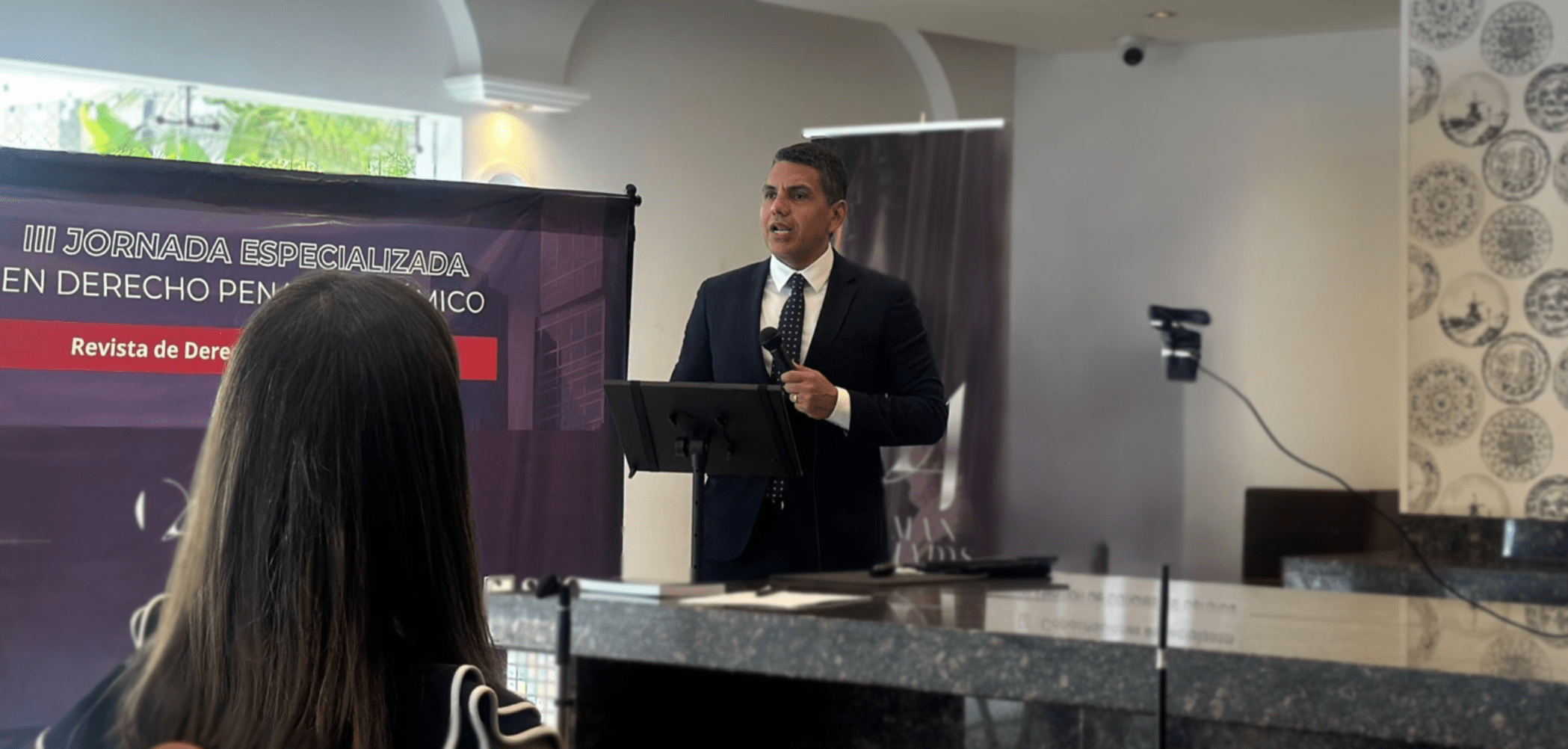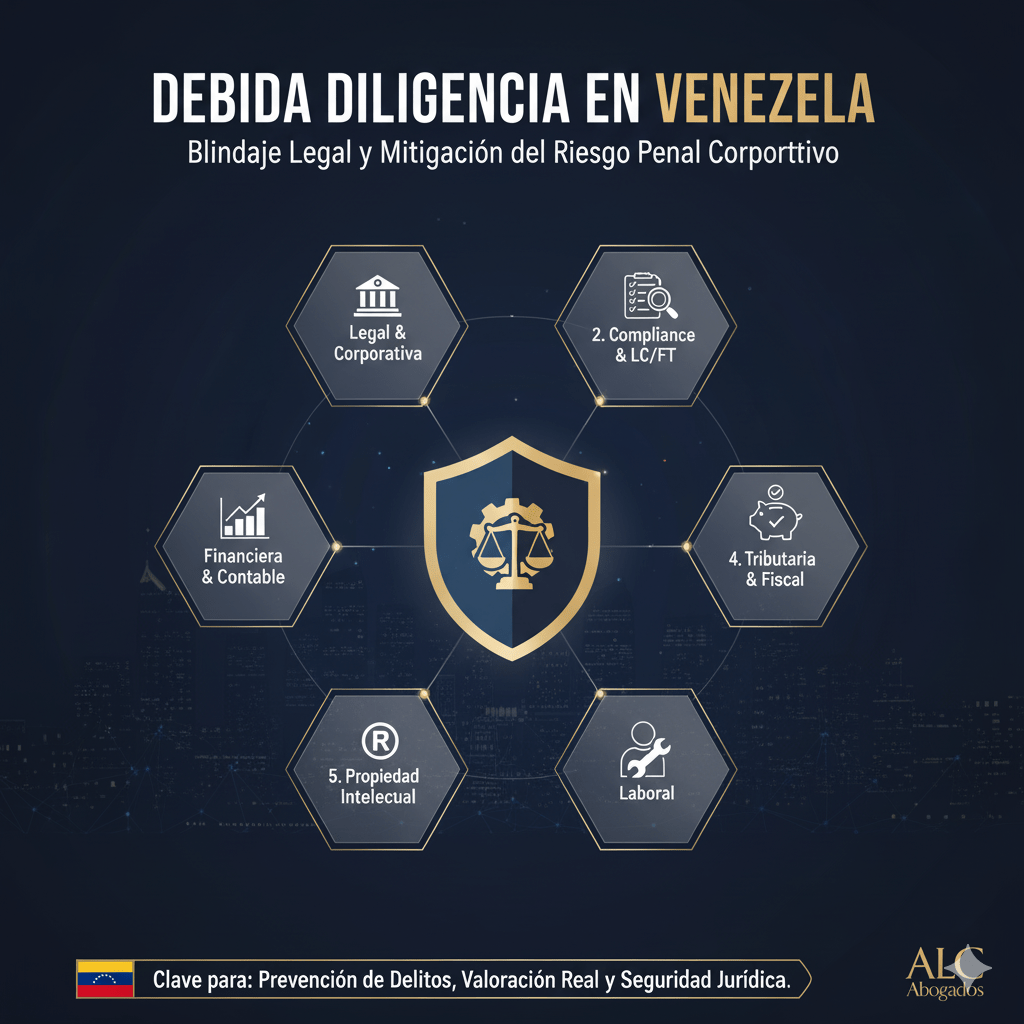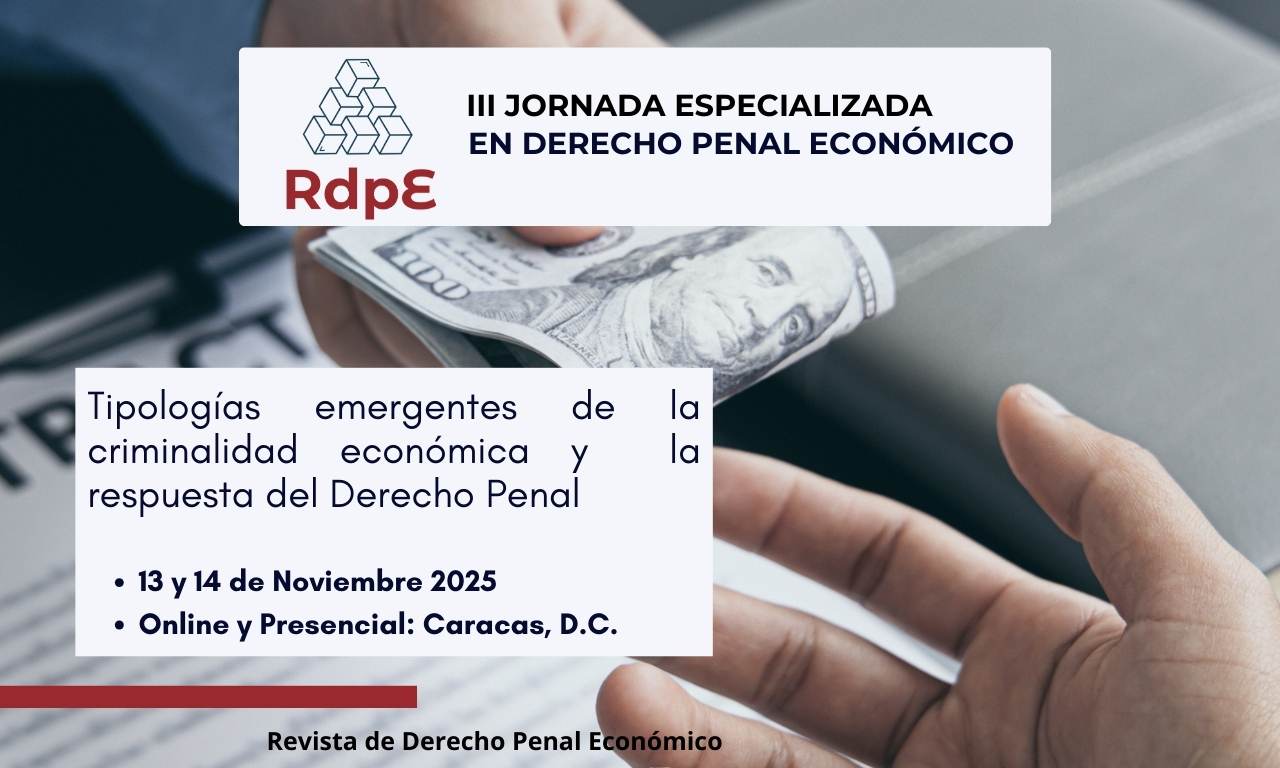It happened in 2013, when the Human Rights Council gathered one more time to debate about corruption and illicit financial flows in order to be recovered and do the repatriation to their countries of origin. Big concerns were addressed in that session.
Recalling a series of previous resolutions and mentioning several considerations to take into account, once more corruption turns out to be visible as an obstacle to eradicate hunger, poverty and provide a sustainable development to the countries. Human Rights seem to be endangered given that still combating impunity and the governments assuming their roles to request repatriation of funds is a pending task.
The panel reminded and demanded the UN to be more active in this challenging matter stressing the threat that corruption represents towards democracy. They emphasized the central role the UN has as a facilitator of international cooperation in order to implement all the resolutions discussed in previous sessions that are related to repatriation of funds derived from corruption. Also, they mentioned the role of recipient countries as contributors to repatriation; the panel reminded them their obligation to assist and collaborate on this matter and comply with their commitment to the UN Convention against Corruption, which was established
in 2005 at the World Summit and, then again, in 2010. They affirmed with conviction that returning assets and funds to their countries of origin had to be a work in parallel with allowing countries to plan and sponsor national projects that improve their development and respond to their priorities.
Other considerations were discussed around the idea of how refusing to repatriate those funds has a negative impact on the societies of the countries of origin; the terrible internal consequences that corruption brings, specially in countries in transition and highlighted the fundamental role of international cooperation in order to support and provide with assistance the States and their governments. Leaving those illicit financial flows in the recipient countries for the enjoyment of their actors was only a collaboration to impunity and making corruption an endless situation.
To sum up, the panel acknowledged and praised the previous efforts that have been done in the past by the international community, but also, they made clear that they are still not enough. Eradicating corruption, especially in countries with a high level of it, is still a hard work in progress.



